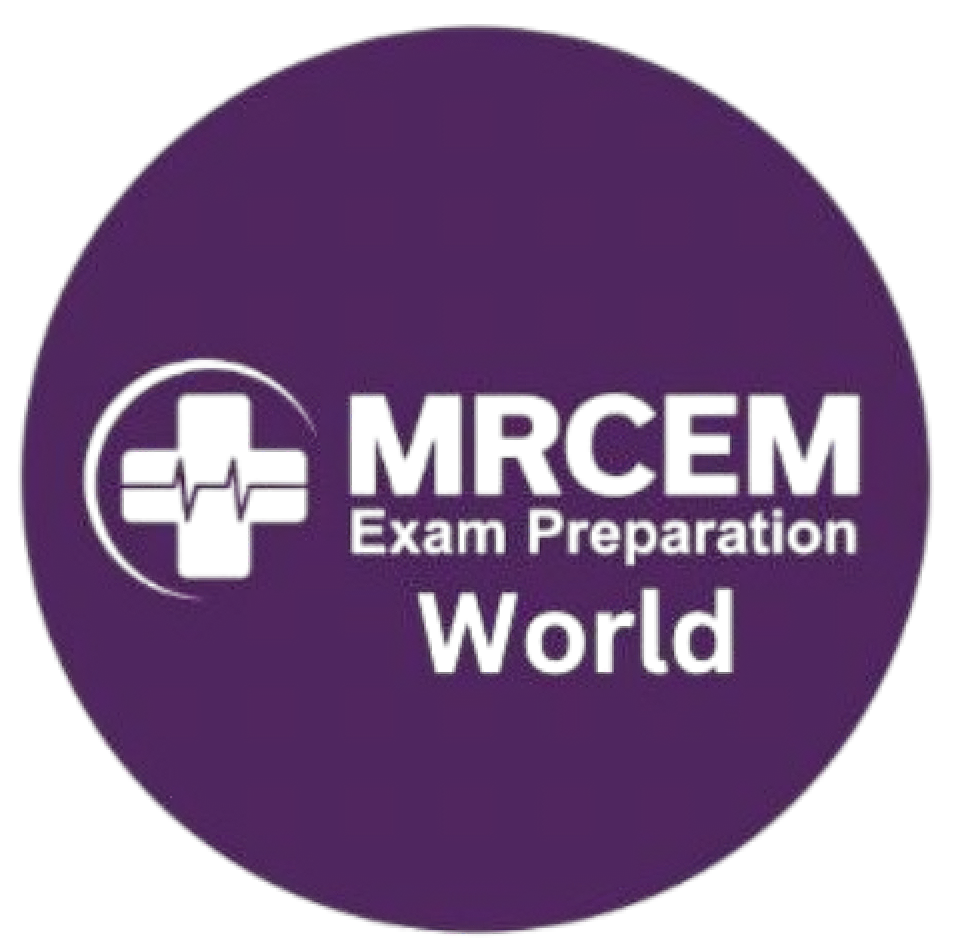Introduction
Preparing for the MRCEM (Membership of the Royal College of Emergency Medicine) exam requires strategic planning and diligent study habits. With a well-designed study plan, you can efficiently cover all necessary topics and maximize your chances of success. In this guide, we’ll outline the steps to create an effective study plan tailored to the MRCEM exam.

Understanding the MRCEM Exam
Before diving into study plan creation, it’s crucial to understand the structure and content of the MRCEM exam. The exam consists of three parts: MRCEM Primary, MRCEM Intermediate, and MRCEM OSCE, each assessing different aspects of emergency medicine knowledge and clinical skills.
MRCEM Primary
MRCEM Primary evaluates candidates’ basic science knowledge through multiple-choice questions (MCQs) covering topics such as anatomy, physiology, pharmacology, and evidence-based medicine.
MRCEM Intermediate
The MRCEM Intermediate SBA examination consists of a multiple-choice question (MCQ) paper of 180, single best answer questions (SBAQ). The examination is delivered as two, two-hour examination papers each containing 90 questions. The two papers are delivered on the same day with a one-hour break.
MRCEM OSCE
MRCEM OSCE evaluates candidates’ leadership, communication, and clinical management skills in emergency situations as a team leader. MRCEM OSCE assesses clinical knowledge and decision-making skills through Objective Structured Clinical Examination (OSCE) stations, simulating real-life clinical scenarios.
Steps to Create an Effective Study Plan
Follow these steps to develop a comprehensive study plan tailored to your needs and exam goals:
Assess Your Current Knowledge
Start by assessing your current knowledge and skills in each exam area. Identify areas of strength and weakness to prioritize your study efforts effectively.
Set Clear Goals and Objectives
Establish clear, achievable goals for each exam component. Define specific objectives for what you aim to accomplish in your study plan, such as mastering certain topics or improving performance in practice questions.
Break Down Exam Topics
Divide the content of each exam part into manageable study units or topics. Organize these topics based on their importance and your familiarity with them, allocating more time to challenging areas.
Allocate Study Time
Determine how much time you have available for study each day or week leading up to the exam. Create a study schedule that balances review sessions, practice questions, and simulated exams while allowing for breaks and relaxation.
Utilize High-Quality Resources
Select reliable study materials and resources aligned with the MRCEM exam content. This may include textbooks, online courses, review articles, and practice question banks. Choose resources that cater to your learning preferences and provide comprehensive coverage of exam topics.
Practice With Us In Our Platforms Under Proper Guidance
Practice solving exam questions from our huge questions bank in our collections for both the primary and the intermediate parts to familiarize yourself with the exam format and question types. Analyze your performance and identify areas for improvement to guide your study focus.
Incorporate Active Learning Techniques
Engage in active learning techniques such as summarizing key concepts, teaching others, and using mnemonic devices to enhance retention and understanding of exam material. Actively engage with study material rather than passively reading or listening.
Review and Adjust Regularly
Regularly review your study plan and progress to ensure you’re on track to meet your goals. Be flexible and willing to adjust your plan as needed based on changing priorities, exam feedback, and personal commitments.
Conclusion
Creating an effective study plan is essential for success in the MRCEM exam. By understanding the exam structure, setting clear goals, breaking down exam topics, allocating study time, utilizing high-quality resources, practicing with, incorporating active learning techniques, and regularly reviewing and adjusting your plan, you can optimize your preparation efforts and maximize your chances of achieving your desired outcome. With dedication, perseverance, and strategic planning, you can confidently approach the MRCEM exam and achieve your professional goals in emergency medicine.







